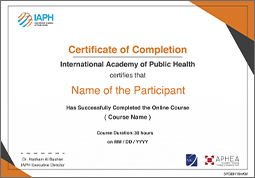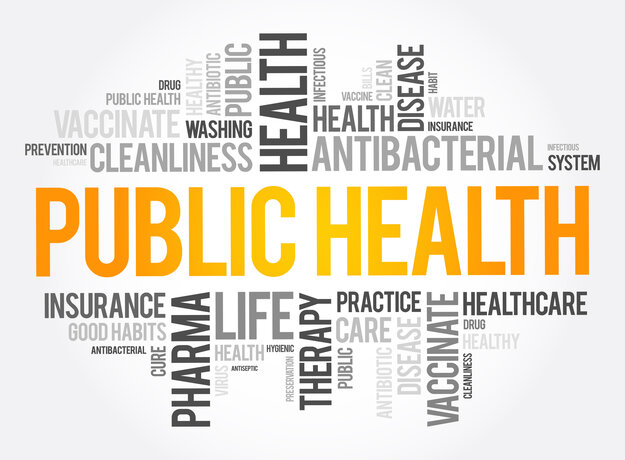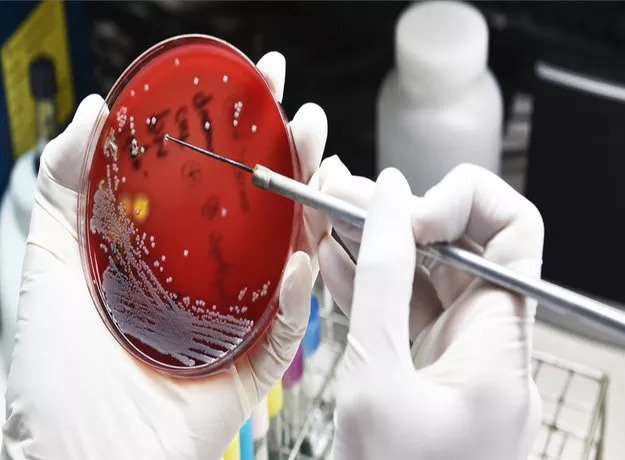Basic Antimicrobial Resistance
The Basic Antimicrobial Resistance Program equips residents with the important skills needed to address antimicrobial resistance in modern public health.
The overall objective of this program is to equip health professionals with the knowledge and skills needed to combat antimicrobial resistance. The program’s total duration is three months comprising four weeks of in-class or blended study and eight weeks of on-the-job training supervised by a dedicated mentor.
Learning Outcomes
- Discuss the current debate and thinking surrounding antimicrobial resistance in modern public health
- Skillfully practice various functions of antimicrobial stewardship
- Detect and manage antimicrobial resistance
- Apply various measures to prevent the transmission of organisms in health care setting
Field Work
Residents spend eight weeks in the field work in order to be exposed to real-life situations and to practice the skills they gain with the guidance of a dedicated mentor. The following field projects are expected to be conducted during the field work period:
- Conduct a stakeholder analysis
- Analyze antibiotic resistance patterns by conducting a retrospective analysis of a common infection (e.g. UTI)
Targeted Group
Programs are designed for healthcare professionals, which include: physicians in family medicine, surgeons, primary care, internal medicine, obstetrics and gynecology, and emergency medicine as well as pharmacists, veterinarians, nurse practitioners, physician assistants, and allied health professionals. Programs are also valuable for those looking for a career in antimicrobial stewardship


Certificate




